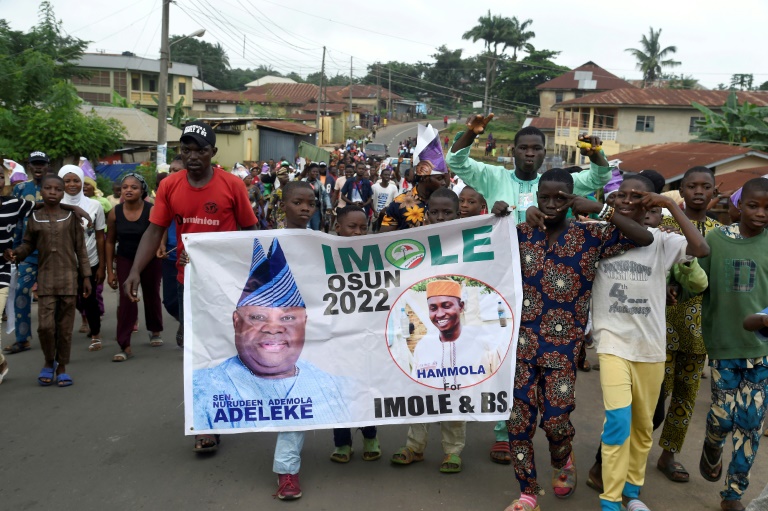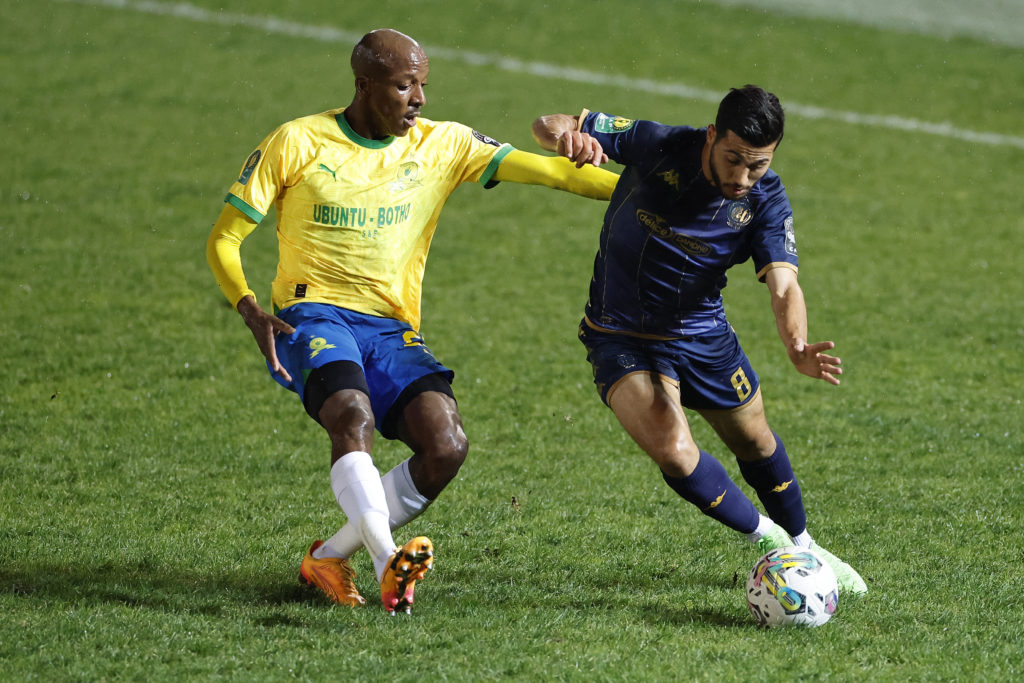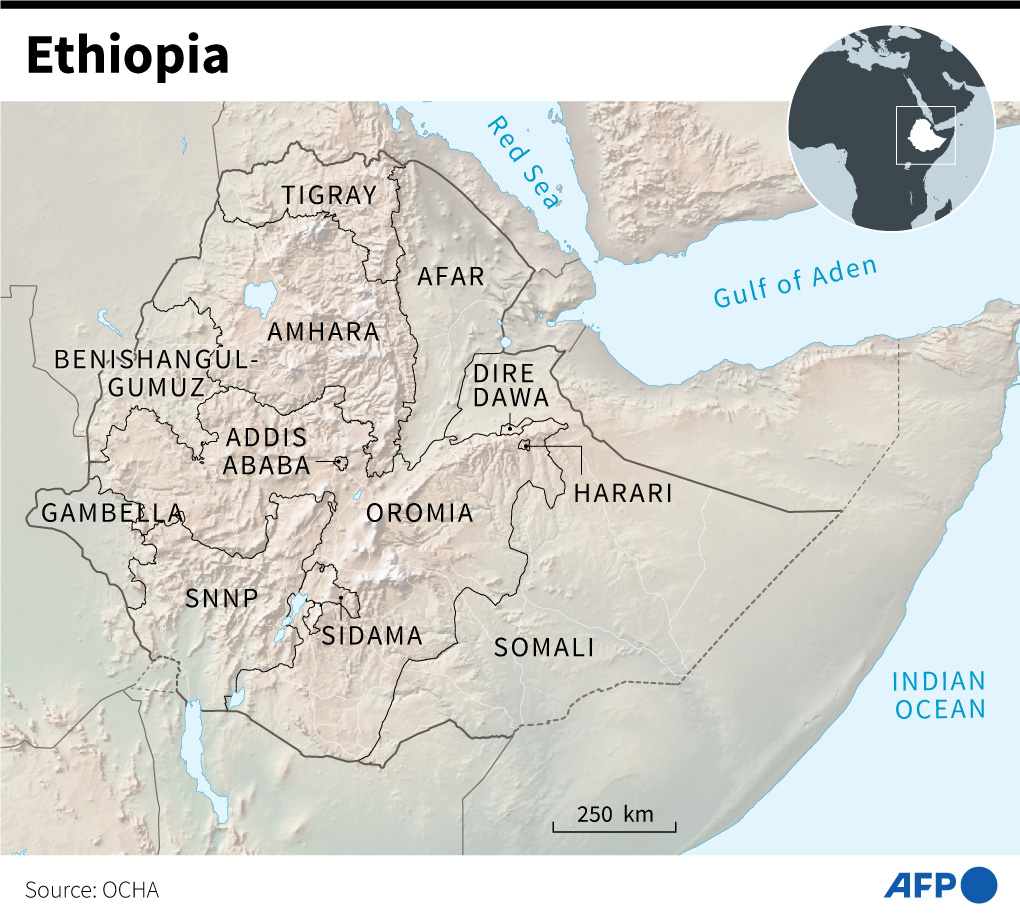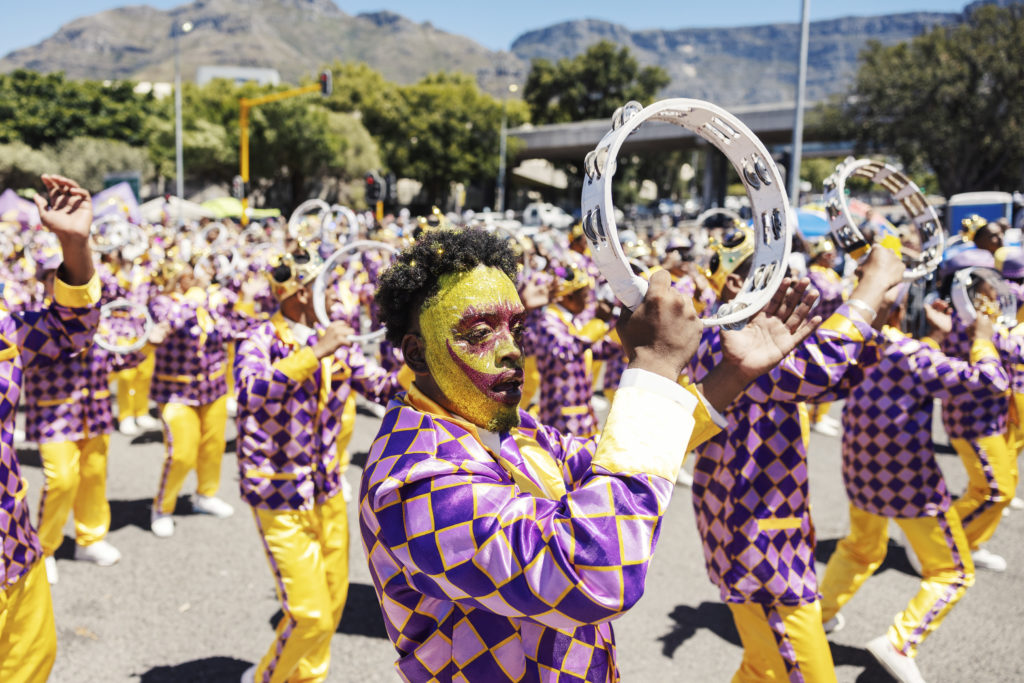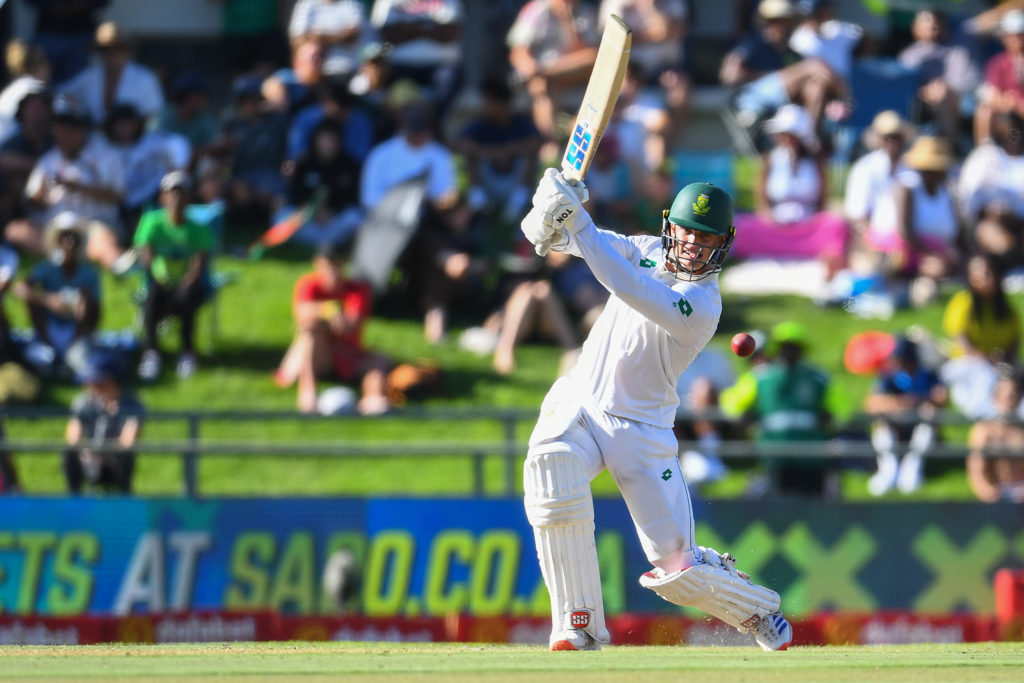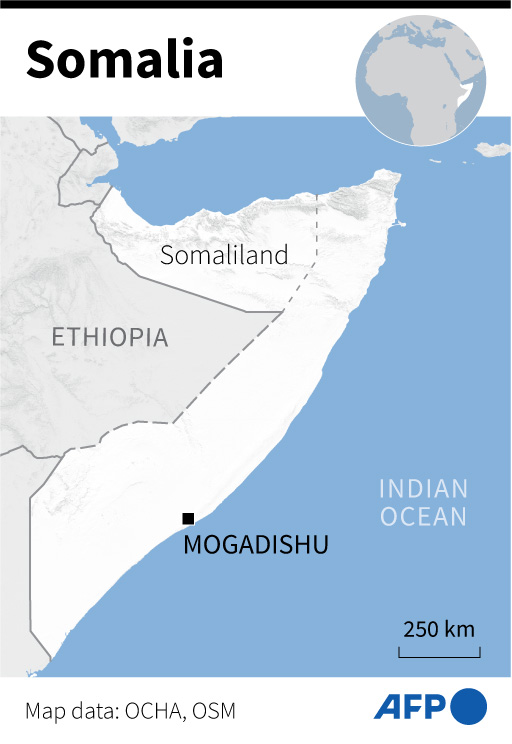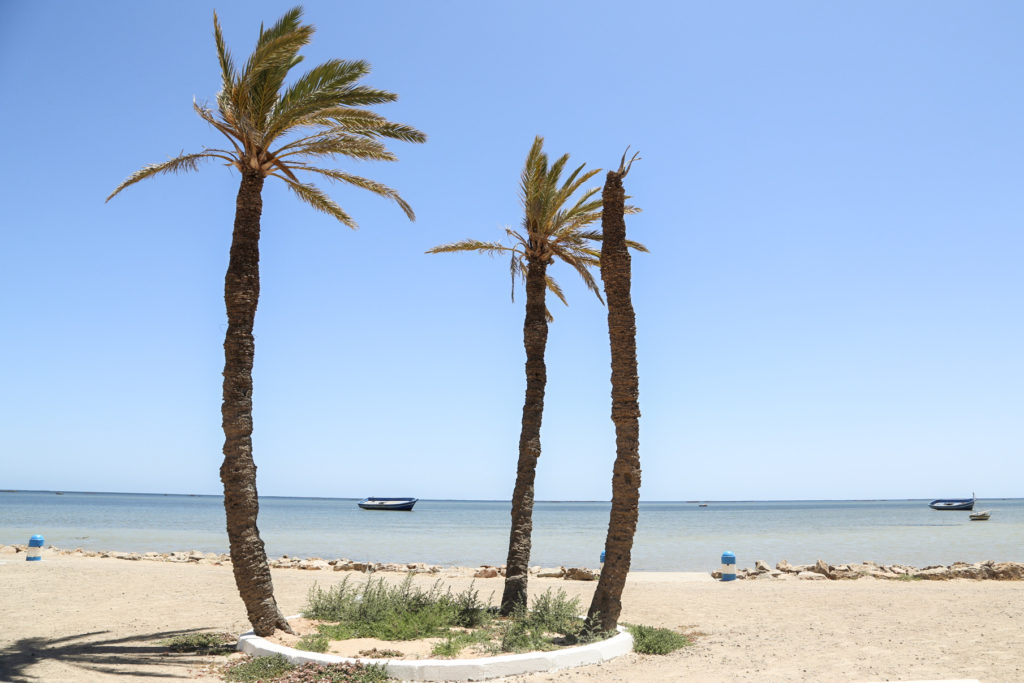Nigeria’s main opposition party has won the governorship election in southwest Osun state, the electoral commission said on Sunday, in a major upset to President Muhammadu Buhari’s ruling All Progressives Congress.
Osun is one of eight of Nigeria’s 36 states where governorship elections are not being held at the same time as the rest of the country because of legal challenges to previous results.
The Independent National Electoral Commission (INEC) said Senator Ademola Adeleke of the Peoples Democratic Party (PDP) polled 403,371 votes to unseat incumbent APC governor Gboyega Oyetola, who scored 375,027 in Saturday’s ballot.
“I declare … that Ademola Jackson Nurudeen Adeleke of the PDP, having satisfied the requirements of the law, is hereby returned elected,” INEC returning officer Oluwatoyin Temitayo Ogundipe said.
Adeleke, 62, won 17 of the state’s 30 local government areas while Oyetola won in 13.
The announcement sparked spontaneous celebrations on the streets of Osogbo, the state capital. PDP supporters sang and danced and motorists blared their horns.
Buhari on Sunday congratulated Adeleke, who became the 10th governor since the creation of the state in 1991.
“With the election over, the president expresses conviction that the people of Osun have expressed their will through the ballot, and the will of the people must always matter and be respected in a democracy,” Buhari’s office said in a statement.
“The president reassures the nation that the commitment of this administration towards having credible elections remains unshaken,” it added.
– Reports of vote-buying –
Election observers said the polling, which opened early with a large turnout, was peaceful but cases of vote-buying were rampant.
Civil society group Yiaga Africa said it “received reports of acts of vote-buying perpetrated by agents of the APC and PDP in some polling units,” the observer group said in a statement on Sunday.
“At Olomu Mosque in Osogbo, PDP party agents were seen handing out between N2,000 and N5,000 ($4.70 to $11.80) to induce voters,” the group said.
At another polling station, in a grammar school in the Ife North district, “party agents strategically positioned themselves by the voting cubicle to see how voters marked their ballots”.
Nevertheless, Yiaga Africa “commended the electoral commission and the security agencies “for ensuring the voters in Osun exercised their franchise”.
Of the 15 parties that vied for the Osun seat, there were four frontrunners; the APC’s Oyetola, who was seeking a second term, Adeleke of the PDP, Akin Ogunbiyi of the Accord Party and the Labour Party’s Yusuf Lasun.
However, it was a straight race between old political foes Oyetola and Adeleke, who had lost by fewer than 500 votes after a run-off vote four years ago.
– Wealthy political family –
Described locally as the “dancing senator” because of his penchant for partying, Adeleke is the uncle of Nigerian superstar singer Davido, who joined him on the campaign.
The PDP flagbearer comes from a wealthy political family. His father was a senator in the 1980s, while his late brother, Isiaka, was the state governor from 1992 to 1993.
Another brother, Deji, is a billionaire oil and shipping mogul and Davido’s father.
Davido was in the state to drum up support for his uncle among young voters.
The ballot was seen as a battleground for Nigeria’s leading parties to test backing for their presidential hopefuls ahead of the February 2023 election, when Buhari steps down following eight years in office.
The APC has chosen former state governor Bola Ahmed Tinubu as its presidential candidate.
The APC’s loss in Osun is a blow to Tinubu’s regional influence.
Tinubu, a Muslim from the southwest, faces a tough challenge in the presidential election from PDP candidate Atiku Abubakar, a northern Muslim.
Another frontrunner is the Labour Party’s Peter Obi, who has been enjoying growing support among younger people and is seeking to break the APC and PDP dominance.
Last month, the APC won a governorship vote in nearby Ekiti state with a landslide.

